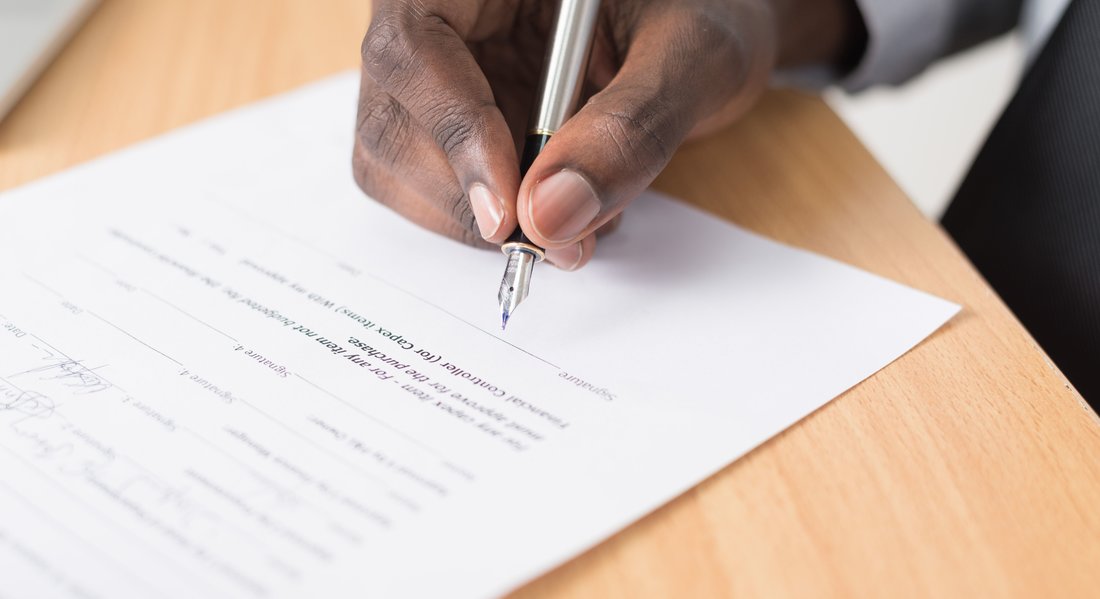Remember Update Your Will When Your Life Changes
Minnesota Family Law Lawyers & Attorneys
Writing your will is generally considered a morbid endeavor, but an important one for any adult who has begun to accumulate any personal wealth. Even owning a car or building a reasonably sized savings account can make it important to have at least a basic will in place. This is to ensure that your possessions, whether great or few, will go to the people you care about most.
What Happens if You Die Without a Will
Many people don’t have any will at all. While this may make sense in your early 20’s when the only wealth you possess is a used car and a few boxes of keepsakes, it can be risky once you start to accumulate some possessions or have children. Writing a will should go hand in hand with building your career. Once you have a retirement fund, a savings account, and expensive assets like a house or an actually valuable car, it will matter who these assets fall to should something happen to you.
If you die without a will, you have died “intestate” and the law in your state of residence will be in charge of deciding who inherits what. If you have a spouse or children, or even if you don’t, the law may provide for something you do not want. However, because family connections are complicated, you may not agree with the default distribution and your family might not either, given that no personal preferences will be considered by the law in an intestate situation.
Writing Your Will
Your will doesn’t have to be complicated, especially if you don’t have much to bequeath. Many people start with a boilerplate will that only names your personal representative (executor) and primary heir. Most simply leave everything to their spouse, especially before you have children. However, you also have the freedom to customize as much as you see fit. If you are the owner of your grandmother’s wedding rings, heirloom furniture, or other family keepsakes, you may want to make sure these wind up in specific hands.
It is also important to consider how you want to leave your assets if you remarry after a divorce or death of your first spouse. People like to make provisions for their new spouse, but also be cognizant of the fact that they may have children from a prior marriage that they want to leave the bulk of their estate to.
Updating Your Will When Circumstances Change
Of course, no matter when you establish your very first will, your life will inevitably change from that point. Major life changes happen to everyone, including the top names on your list of nearest and dearest. Perhaps you get married or divorce the spouse you had when your first will was written. Perhaps an older relative you left something to passes away before you do, or you lose track of friends who were once close enough to be considered an inheritor. When life changes, you need to meet with an attorney to discuss changing your will.
Many people will need to re-write their wills after they have children, adjusting distribution of wealth to include the children and not just their spouse.
Then there’s the fact that you will continue to accumulate wealth and assets over a lifetime. When you wrote your first will, you may not have yet owned a house, built a valuable collection, or accumulated significant savings that are worth splitting between several people.
Facing Family Law Issues? Contact Our Office Today!
Never underestimate the need to re-write your will. Ask yourself what has changed in your life and if your will is still appropriate for your life circumstances, closest loved ones, and complete set of personal assets in your estate. If anything significant has changed, a family lawyer can help you sort out a new will no matter how complex your wishes become over the years. For more information or a consultation on how to rewrite your will for new circumstances, contact us today!

